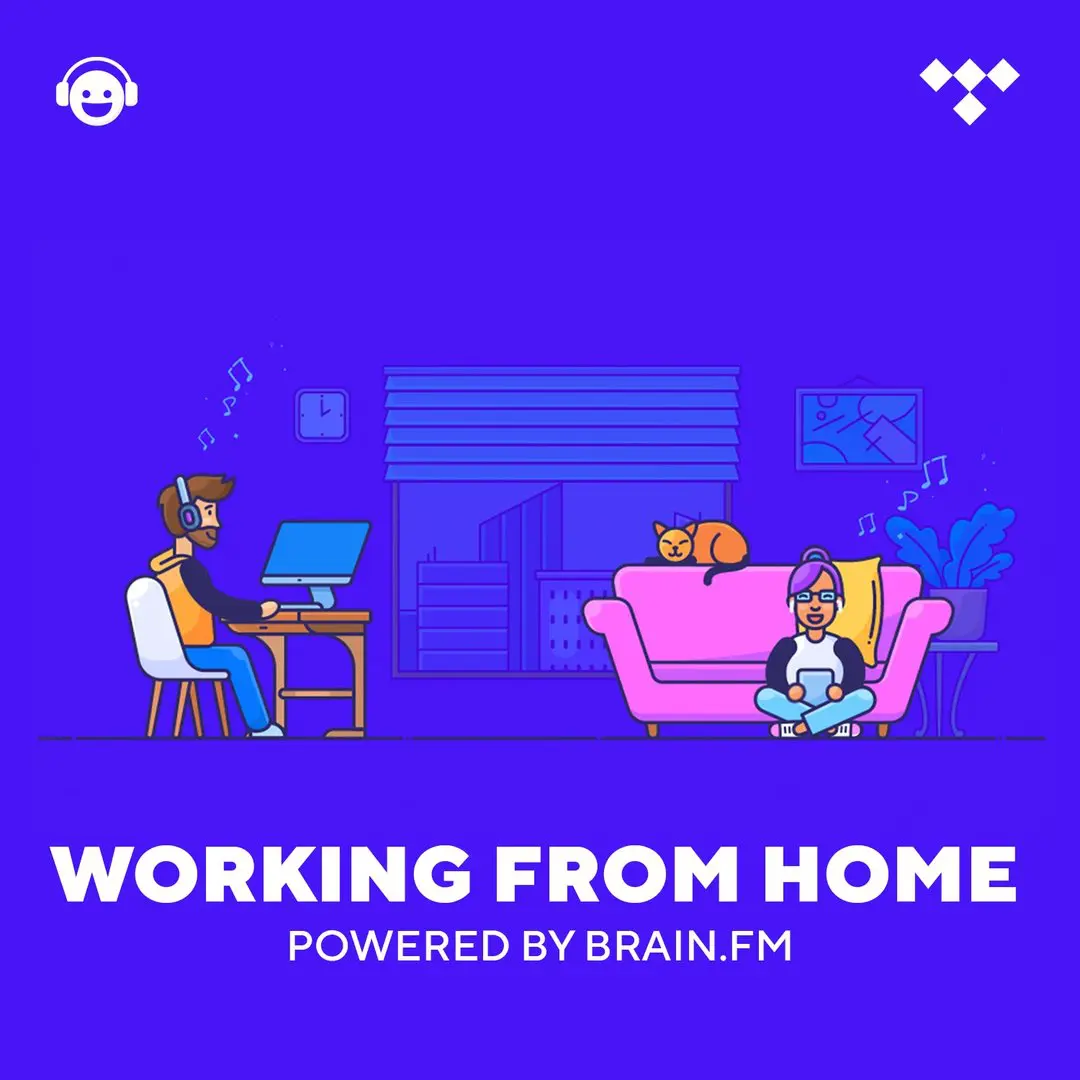Functional music that gets you focused in 15 minutes – Interview with Brain.fm
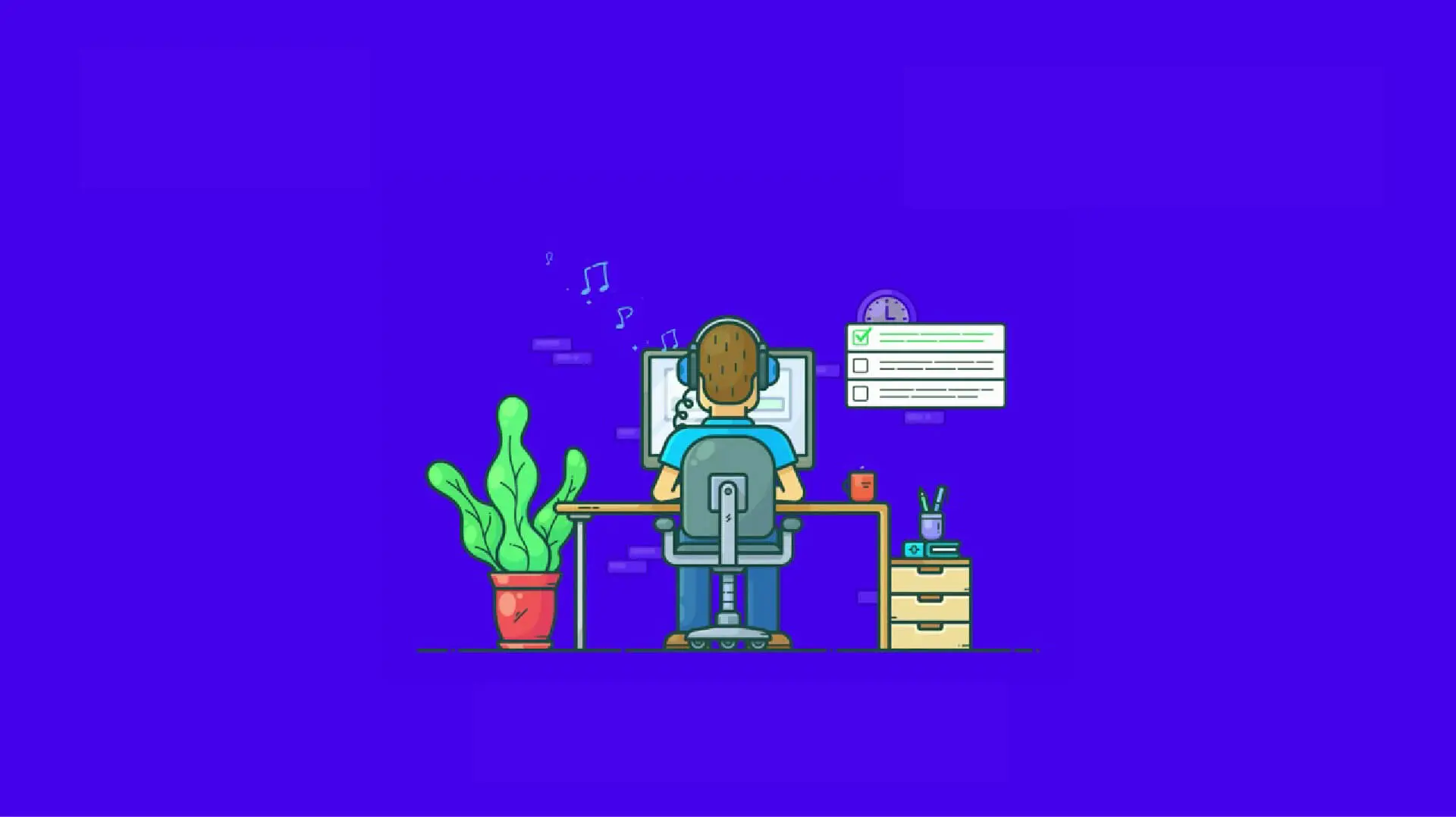
Thanks to rigorous testing and a “science-based data-driven approach“, the functional music of Brain.fm induces states of focus or relaxation by stimulating brainwave patterns.
In today’s changing and unexpected working environments, being able to find concentration has become much harder. Brain.fm is tackling the issue to eliminate distractions.
Developed in collaboration with scientists and professional musicians, the company offers a subscription service to original programmed music in 3D audio technology.
Workspaces are moving away from the purely physical realm to become a hybrid with the digital world: services like Bran.fm are contributing to this shift towards a more personalised work experience where each one can choose the favourite tools, habits and rhythm.
We interviewed the CEO of Brain.fm Dan Clark to understand further how the service actually works to improve productivity.

Why Brain.fm? Why a music service to improve focus, relaxation, meditation, and sleep?
Dan Clark: “At Brain.fm, we’re a group of biohackers, life maximizers, productivity nerds, and visionaries obsessed with human potential. Our mission is to help every person experience the feeling of being completely zoned in on the important work in front of them.
We believe that anyone is capable of producing high-quality work when we clear the mental clutter that fragments our focus. And because we believe in a balanced life (and not just a productive one), we also provide our users with the tools to step back, recharge and relax.”
Curious to know more about apps that can help you work better? Don’t miss 5 apps to improve focus and boost your workflow.
How does this work? What are the principles behind the effectiveness of the music by Brain.fm and how do they affect users?
Dan Clark: “Our brains are constantly emitting brain waves no matter what we’re doing or thinking about. There are certain mental states that are associated with certain brain wave patterns.
Fast-forward through a dozen years of brain entrainment research, experimentation, a growing stack of white papers, and we’re able to use functional music to effectively stimulate the onset of specific brainwave patterns associated with a heightened state of focus, relaxation, and deep sleep.
But it doesn’t end there. Once you’re in the desired state, our music works tirelessly to keep you there. We have interwoven proprietary acoustic features that dampen external distractions, including from the music itself.
We have also implemented 3-D audio technology that creates the illusion that the music is coming from your surrounding space, thus detracting your attention from the mental chatter in your head and into the task at hand. Each one of these features has stood the test of trial and error (again and…again), shaping the formidable experience that is in service today.”
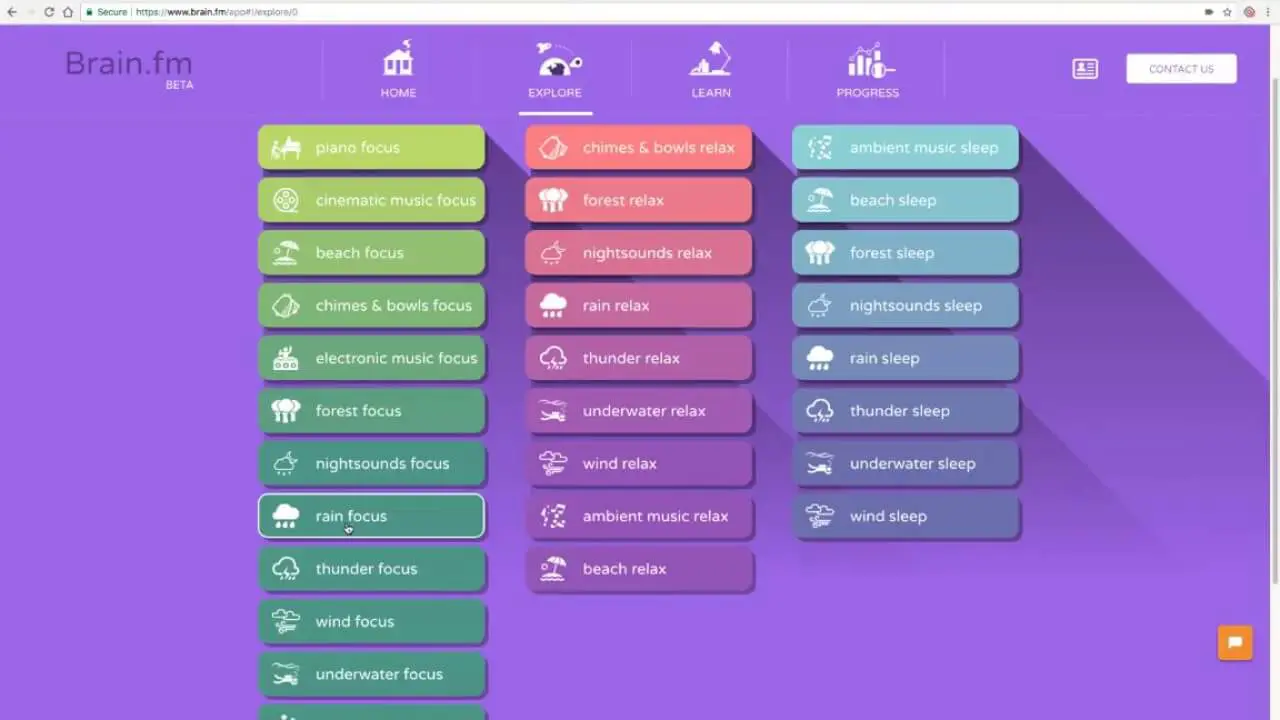
Who is the target user you have in mind for Brain.fm?
Dan Clark: “Our target users are typically busy professionals who have an avid interest in time and attention management, and in the biohacking tools that will help them optimize them.
They have a desire to show up and be fully immersed with the task at hand, whether that’s populating a spreadsheet or recharging with a meditative break in between calls. They seek to perpetually challenge the glass ceiling of productivity not by working harder, but working smarter.”
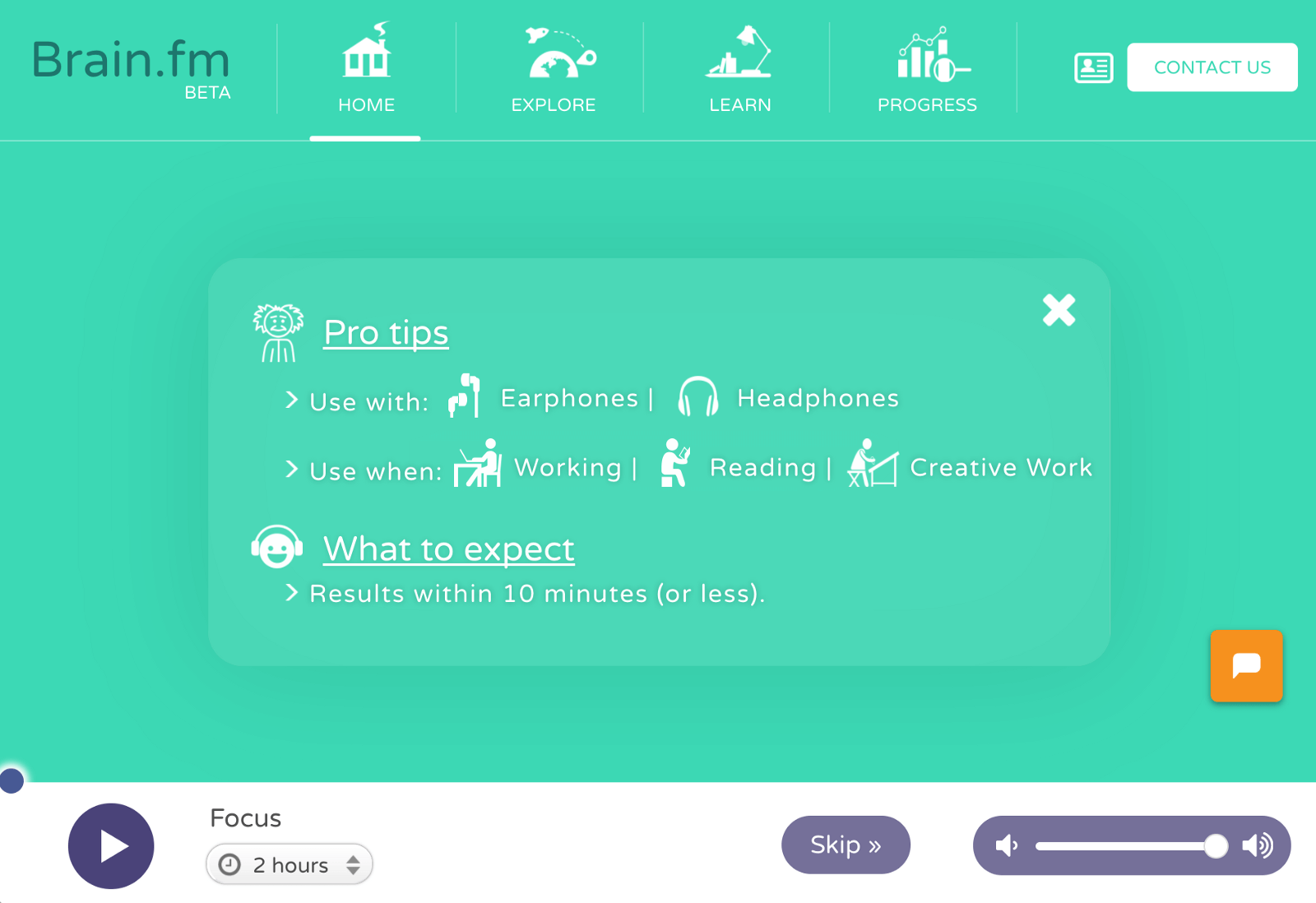
What is functional music? Can you tell us about your collaboration with musicians and scientists to shape Brain.fm?
Dan Clark: “Functional music is music with a purpose. We’ve developed music that coerces brainwaves into specific patterns, which brings about the desired mental states like heightened focus, deep relaxation or restful sleep.
Creating a results-driven product has always been at the forefront of our mission. That being said, we were mindful of making our music sound like…music. We did not want to shortchange the natural and authentic elements of music that we as living, breathing, and feeling human beings are drawn to.
So, while the backbone of our core music technology was developed by brain entrainment researchers, we enlisted the help of talented composers who “dressed” the music with the acoustic components that make for a pleasurable listening experience, e.g., melodies, chord progressions, instrumental variety, etc.”
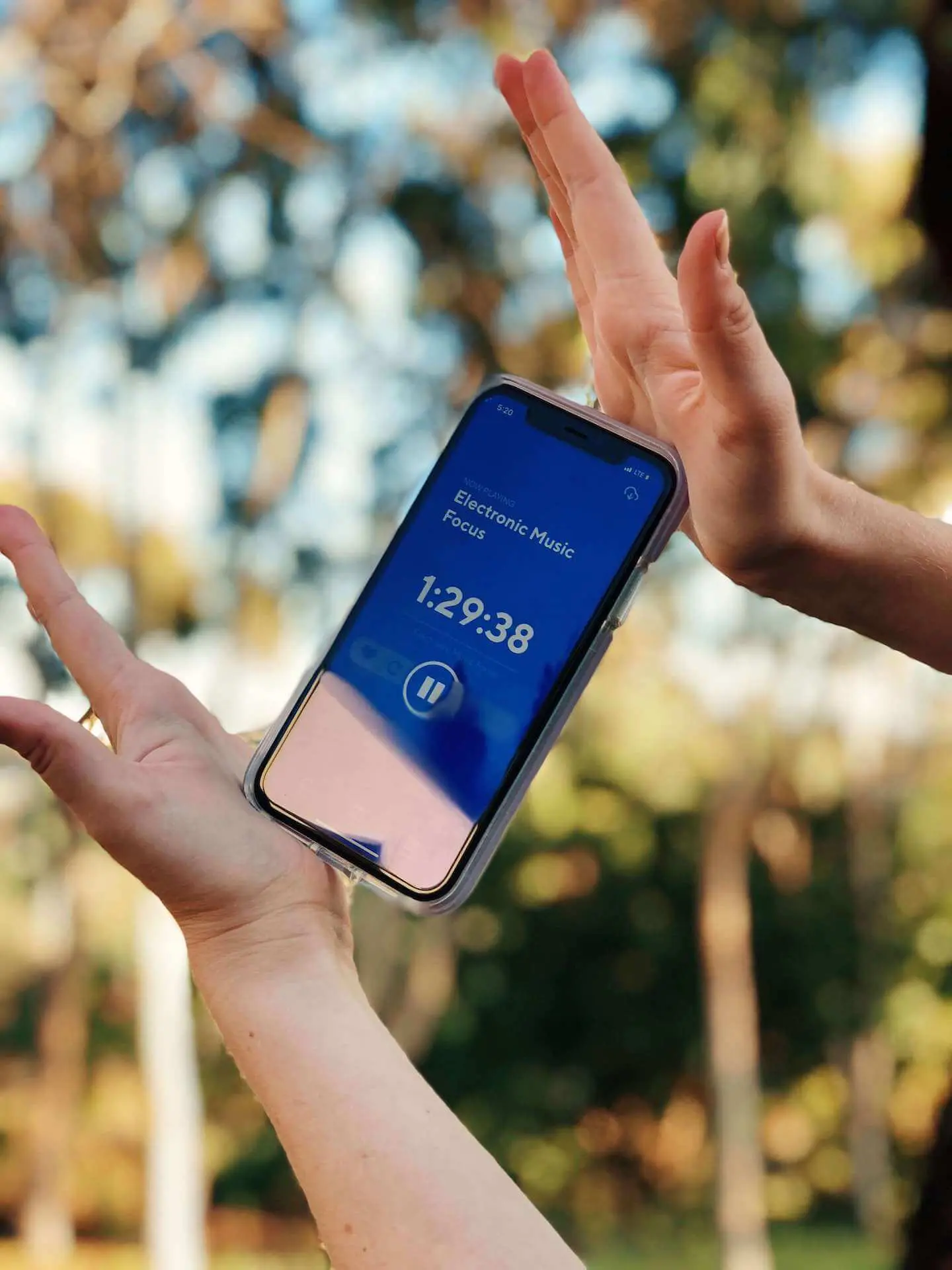
From a service design perspective, what principles did you follow in order to deliver the best quality product to the users?
Dan Clark: “The evolution from our very first beta product to the functional music we have in service today is attributed to a science-based data-driven approach.
Our functional music has gone through a series of iterative tests in the form of behavioural and neuroimaging (EEG) experiments. In line with the scientific method, we’ve narrowed our focus to testing one aspect or feature of the music at a time. With every iteration of testing, we have used our findings to refine the quality and efficacy of our product.
Our service design testing even extends to gauging aesthetic aspects of the technology such as genre preferences. As a result, we recently built out the lo-fi music genre within our “focus” category.”
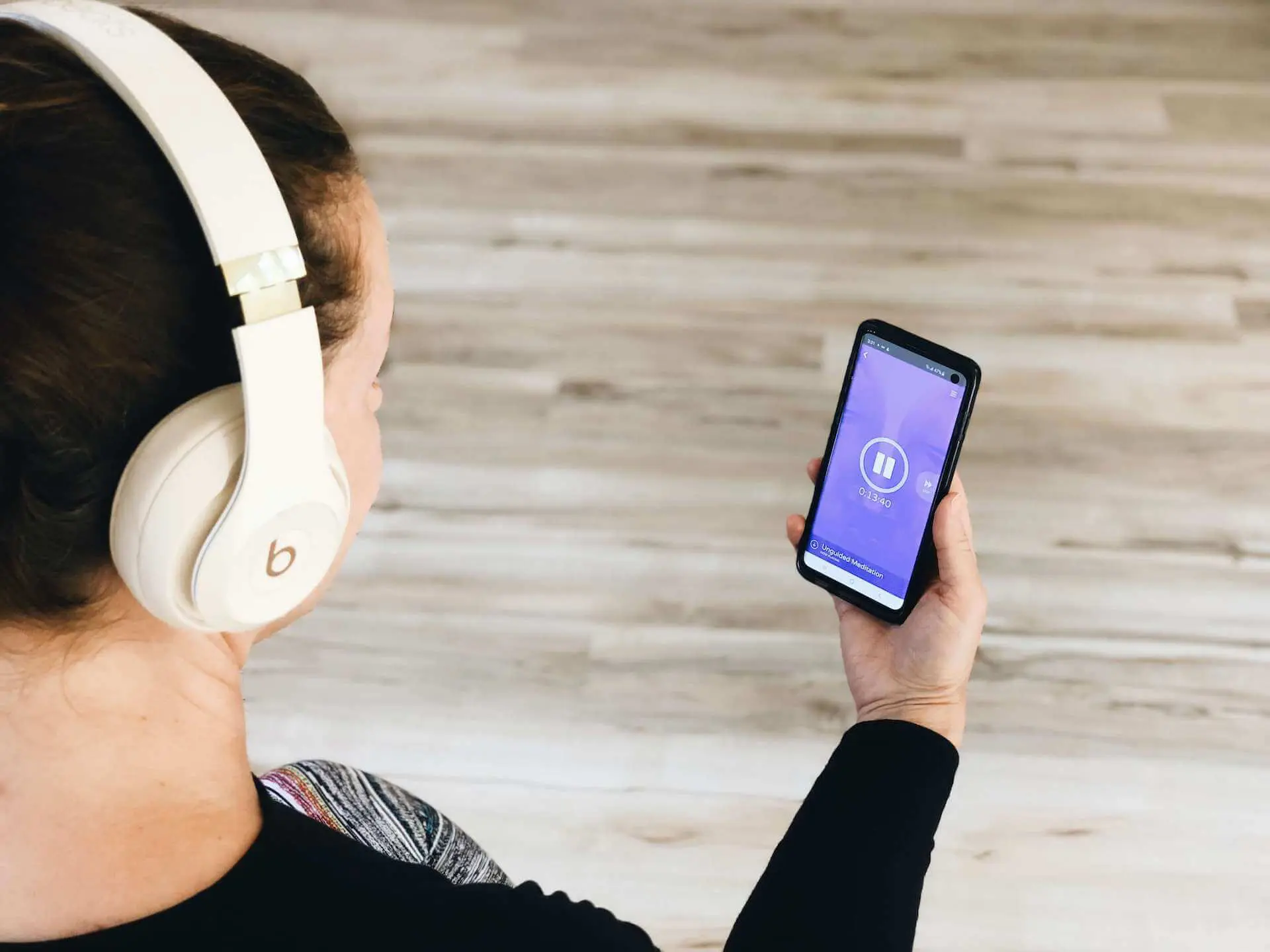
If you were approached by a company asking to implement Brain.fm for all their employees how would you make the service available and effective to everyone in the workspace?
Dan Clark: “We have developed enterprise business options for Fortune 500 companies who have sought out our service offerings. To our delight, our corporate clients find Brain.fm to be an exceptional add-on to the health & wellness packages provided to their employees.
The cluster of focus, relaxation and sleep-centered programs are seen as an inclusive wellness approach, one that fulfils the varying needs of the team members, giving each the freedom to personalize the use of the technology as they like.”
What are the consequences of intensive use of Brain.fm? Is there the risk of developing an addiction and not being able to concentrate anymore without it?
Dan Clark: “There are no consequences of any use from using Brain.fm, addictive, or otherwise.
That said, using Brain.fm does not preclude anyone from using common sense, e.g., taking a break when they’re feeling tired, staying properly hydrated, etc.”

How do you visualize the future of Brain.fm? How do you plan to grow and expand the service?
Dan Clark: “The future of Brain.fm is personalization. While our current tech gets results with people across the board and around the world, we understand that every person’s brain operates a little differently. All of these differences leave us more than enough room to explore and improve upon each person’s personal experience with our service.
Thus far, there has been an ongoing focus to organically cultivate awareness of our service. Typically, once people try and experience Brain.fm for themselves, that alone prompts them to tell their family, friends and co-workers about their “secret weapon” at the office.
We’ve now reached a point where we are garnering trusted partners and affiliates who want to serve as advocates of our service. We’re very excited to gear up and introduce Brain.fm to a wider and more diverse breadth of potential users.
Furthermore, we are constantly exploring applications of our service in the healthcare space. For one, we are striving for our product to serve as a viable alternative or supplement to ADD/ADHD medication, as well as other mental disorders that feature deficits in attention or concentration.”
If you want to know more about innovative designs to improve your workspace, don’t miss Workstation Cabin is a home office pod for your garden.
